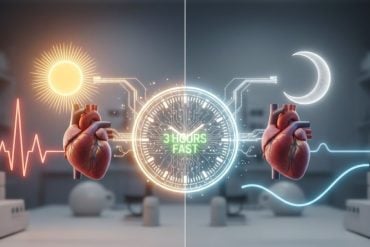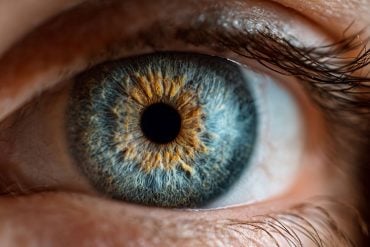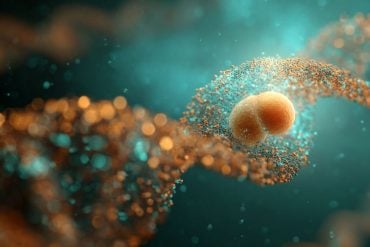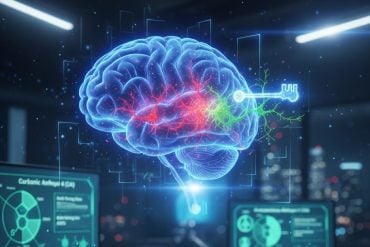Summary: A new study reveals that psilocybin, the active compound in magic mushrooms, may help treat body dysmorphic disorder (BDD) by altering brain connectivity. In a pilot trial, patients with BDD showed significant improvements in symptoms after a single dose of psilocybin, with brain scans indicating increased neural flexibility.
Though preliminary, the study suggests that psilocybin could offer new hope for BDD sufferers. Larger studies are needed to confirm its efficacy.
Key Facts:
- Psilocybin strengthens brain networks involved in self-perception and emotion.
- BDD patients showed symptom improvement just one week after one dose.
- Further research is required to validate these findings.
Source: Genomic Press
Body dysmorphic disorder (BDD) is a debilitating mental illness characterized by an obsessive preoccupation with perceived flaws in one’s physical appearance. Patients with BDD often have distorted self-image, intrusive thoughts, and compulsive behaviors that significantly impair daily functioning and quality of life.
Current therapies have limited efficacy, leaving many sufferers without relief.

A new study led by researchers at Columbia University and published in Psychedelics provides hope by revealing how the psychedelic drug psilocybin, the active ingredient in “magic mushrooms,” may change connectivity of brain circuitry, potentially aiding in the treatment of this debilitating disorder.
In the pilot trial, eight adults with moderate-to-severe BDD that had not responded to standard treatments received a single 25mg oral dose of psilocybin in a supportive setting.
Using cutting-edge functional MRI technology, the scientists scanned the participants’ brains one day before and one day after the psilocybin session. Sophisticated pattern analysis techniques were then applied to map changes in brain network connectivity and link them to subsequent clinical outcomes.
The results were striking: Just one day after psilocybin administration, the patients exhibited increased connectivity both within a network governing executive functions, and between this network and others involved in processing emotionally salient stimuli and self-referential thinking.
Notably, those who showed the greatest strengthening of these neural connections also experienced the most improvement in BDD symptoms one week later.
While preliminary, the findings align with a growing body of evidence indicating that psychedelic compounds like psilocybin can promote mental health by enhancing the brain’s capacity for flexibility and integration.
By facilitating communication within and between brain networks that are often dysregulated in psychiatric disorders, psilocybin may help restore more adaptive cognitive and emotional functioning.
As the first study of psilocybin in a BDD population, the trial was small and lacked a placebo control. The researchers caution that larger, placebo-controlled studies are needed to verify the efficacy and durability of the treatment. Still, the robust brain-behavior relationships uncovered bode well for the ongoing development of psilocybin therapy.
About this psychopharmacology and body dysmorphia research news
Author: Ma-Li Wong
Source: Genomic Press
Contact: Ma-Li Wong – Genomic Press
Image: The image is credited to Neuroscience News
Original Research: The findings will appear in Psychedelics






